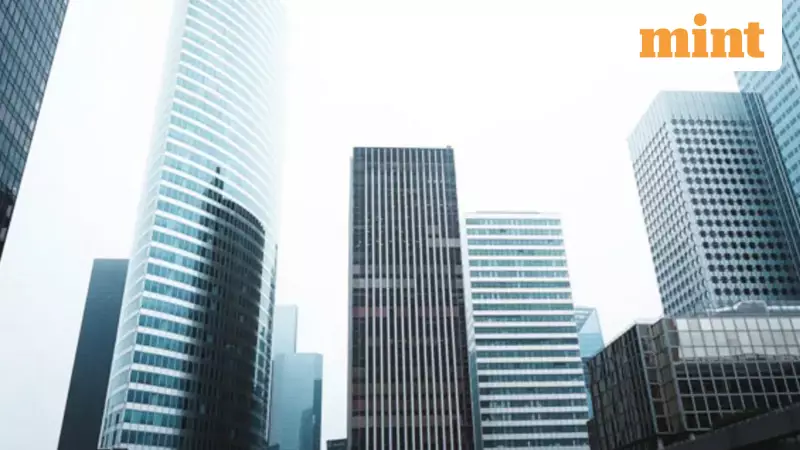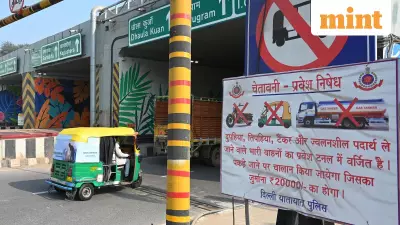
In a landmark decision that concludes six years of intense legal battles, Purdue Pharma LP has finally received court approval to exit bankruptcy with a massive $7.4 billion settlement addressing the nationwide opioid crisis.
Court Approves Revised Settlement Plan
Judge Sean H. Lane announced during a hearing on Friday that he will officially sign off on Purdue's Chapter 11 plan in the US Bankruptcy Court for the Southern District of New York. The comprehensive settlement, valued at approximately $7.4 billion, aims to address the widespread harm caused by the company's aggressive marketing and production of addictive painkillers.
The judge confirmed that his detailed written ruling will be issued next week, providing the complete legal foundation for this historic decision that has reshaped how large corporate bankruptcy cases are handled.
Supreme Court Intervention Shapes Final Agreement
This approval comes after significant intervention from the US Supreme Court, which in June 2024 overturned an earlier version of the settlement that had provided broad legal protection to the Sackler family. The Supreme Court's blockbuster ruling prohibited liability releases for non-bankrupt third parties without creditor consent in all Chapter 11 cases.
Under the revised agreement negotiated for over a year, the Sackler family will contribute approximately $6.5 billion in settlement installments spread over 15 years, with certain reserves maintained. Crucially, the new arrangement allows creditors to opt out of releasing claims against the Sackler family, though this choice comes with receiving a smaller settlement distribution.
Where the Settlement Money Will Go
The substantial settlement funds will be directed toward multiple critical areas. The majority will enhance nationwide opioid abatement efforts, while approximately $850 million is specifically allocated to compensate individuals and families with addiction-related claims.
In another significant development, Purdue will transfer its business assets to a public benefit company named Knoa Pharma. This new entity will focus on developing and distributing opioid overdose reversal medications and addiction treatment drugs, representing a shift from the company's previous role in the crisis.
The settlement received overwhelming support from creditors, with over 99% of voting creditors across all US states and territories backing the updated plan. Support came from diverse groups including local government entities, hospitals, medical professionals, schools, tribes, and individuals with personal injury claims.
Addressing Concerns and Moving Forward
During a three-day trial, the only objections came from a small number of individuals representing themselves, many expressing concerns about the level of relief being granted to the Sackler family. Judge Lane repeatedly clarified that the revised plan doesn't force anyone to settle claims against Purdue's owners and emphasized that bankruptcy proceedings don't relieve any parties of criminal liability.
Purdue attorney Marshall Huebner of Davis Polk & Wardwell LLP acknowledged in his closing arguments that no settlement could fully address the pain suffered by victims of opioid addiction and overdose. However, he described the agreement as the best available outcome to "close the overly long chapter on this situation and let the money flow."
Huebner strongly emphasized that "No party is buying immunity in these proceedings and no party is buying their own form of justice."
The bankruptcy proceedings stem from Purdue's 2019 filing, when the company faced more than 2,600 opioid addiction lawsuits related to its production and sale of OxyContin. The drug has been widely blamed for fueling a multi-decade opioid crisis across the United States. The bankruptcy case elicited astonishing claims totaling more than $40 trillion against the company.
This resolution follows Purdue's 2020 guilty plea to federal conspiracy and fraud charges related to its business practices, marking another chapter in the company's legal troubles surrounding its role in the opioid epidemic.





